It wasn’t just a sniffle.
My computer had a full-blown virus (or rather, many viruses) that made it completely crash.
Computer Crashing = Blue Screen of Death = Me Panicking and Freaking Out
Now if you’re a sophisticated Mac user, perhaps last week’s post didn’t faze you one tiny bit. Perhaps you even had a smug smile on your face, mocking us PC users.
Yeah, I get it. After my computer crashed, I wish I were a Mac-user, too.
But if you do have a PC, perhaps you could empathize with me as I shared about two biggie viruses: hijacker and root kit.
The genius computer tech who saved my computer (and my life), told me something shocking:
Social media sites are the worst sites to surf because they are
breeding grounds for potential viruses.
You can imagine why. Facebook has 1 billion (with a “B”) users, most of whom let their guards down because they are so comfortable using the social network. You trust your friends, right? So naturally, you trust Facebook.
But hackers are pouncing on those billion Facebook users.
A quick click on a link, video, picture, or ad can lead to malware infection. In fact, there is a new password-swiping virus that has affected over 800,000 people (and counting) on Facebook by sending an innocent-looking video, which, once clicked on, takes you to a website to download a plug-in to watch the video. Once you do … uh-oh! The virus has access to your password and spreads the virus to even more unsuspecting, innocent victims.
But that’ll never happen to me.
Well, hopefully not. But even the most savvy users are getting doped into the vices of super-sophisticated hackers.
And if you never, ever, ever, click on links, are you still at risk? Yep. Because the more time you spend on Facebook, the bigger the chance you have of an attack. And if you are always logged into your Facebook account, your computer is especially exposed.
Another danger is clicking on ads, not only on Facebook but on any website, including blogs. Although you may be a devoted reader of a particular blogger, feeling as if you “know” him or her because you read the every blog post, clicking on an ad can be risky. Ads are particularly known for links that lead to malware infections.
So how can you be social and stay protected? Here are a few tips:
- Know your own info. Hackers search your profile for answers to your security questions, such as your mother’s maiden name, hometown, first pet, favorite food, etc. Then they try to break into your account by clicking on the “Forgot your password?” link and guessing the answers to your security questions. If sites allow, make up your own security questions with answers that nobody knows and that aren’t posted in your profile.
- Do not allow sites to scan your email address book. If you do, you give potential hackers email addresses of all your friends.
- Type URLs directly into your browser. Don’t click on links to sites through an email, because it might redirect you to a fake site, asking for your username and password.
- Be picky about friend requests. Be on the lookout for hackers with fake profiles wanting to get info from you by “friending” you.
- Understand each site’s privacy policy. Yes, you should read that long 10-page document!
- Remember that info is forever. Even if you delete a social media account, the information you have shared is permanently in cyber-space somewhere. Forever!
- Don’t download third-party applications. This is another way hackers can steal your personal info.
- When in doubt, don’t click! Although it’s tempting to click a link to see if it’s legit, refrain—then delete it immediately and restart your computer.
Today’s world is all about social media, especially for writers developing a platform. But the more social media infiltrates our world, so do potential hackers and their evil viruses. Be social but also be aware. Be very aware …
Join me on Facebook and Twitter!
©2011- 2013 Christi McGuire. All Rights Reserved.



Leave a Reply